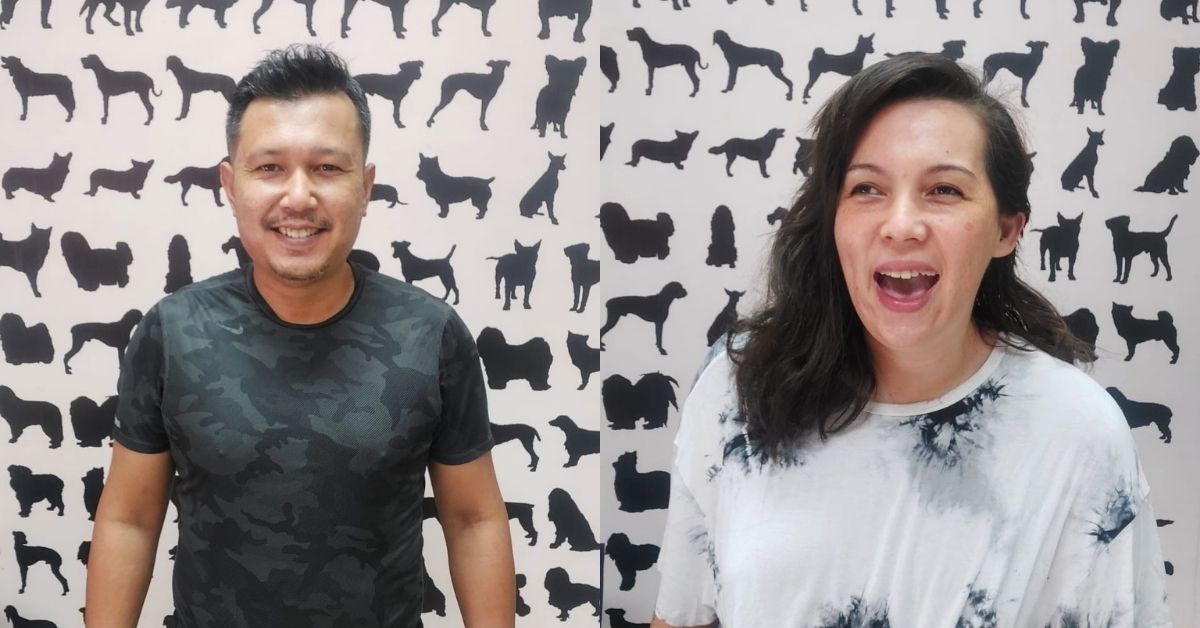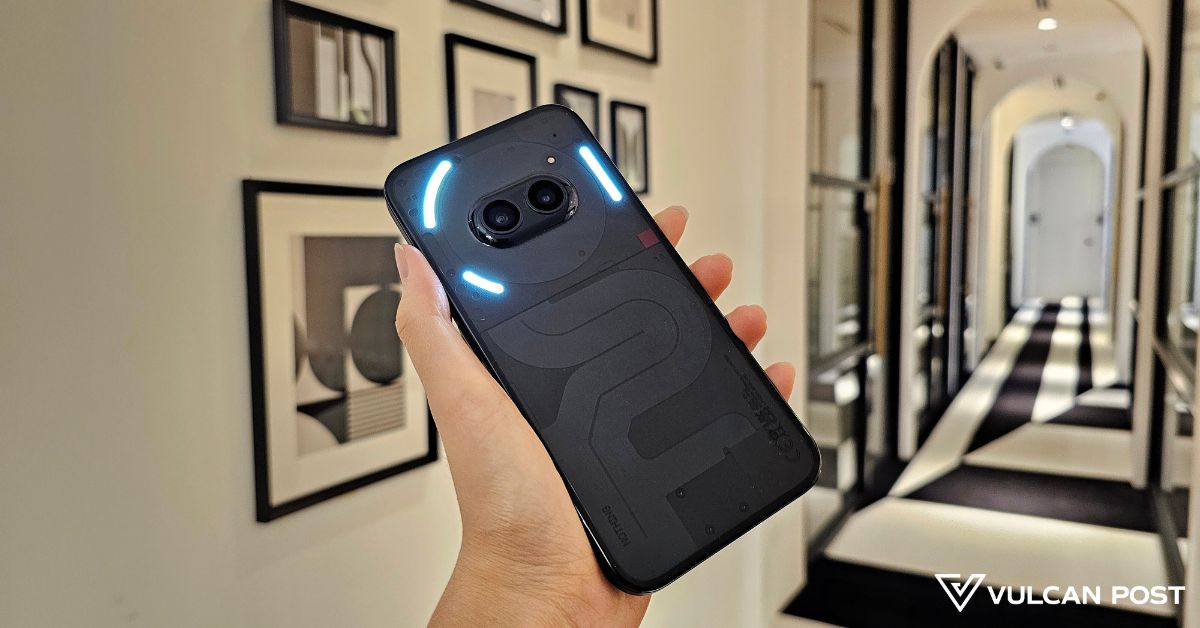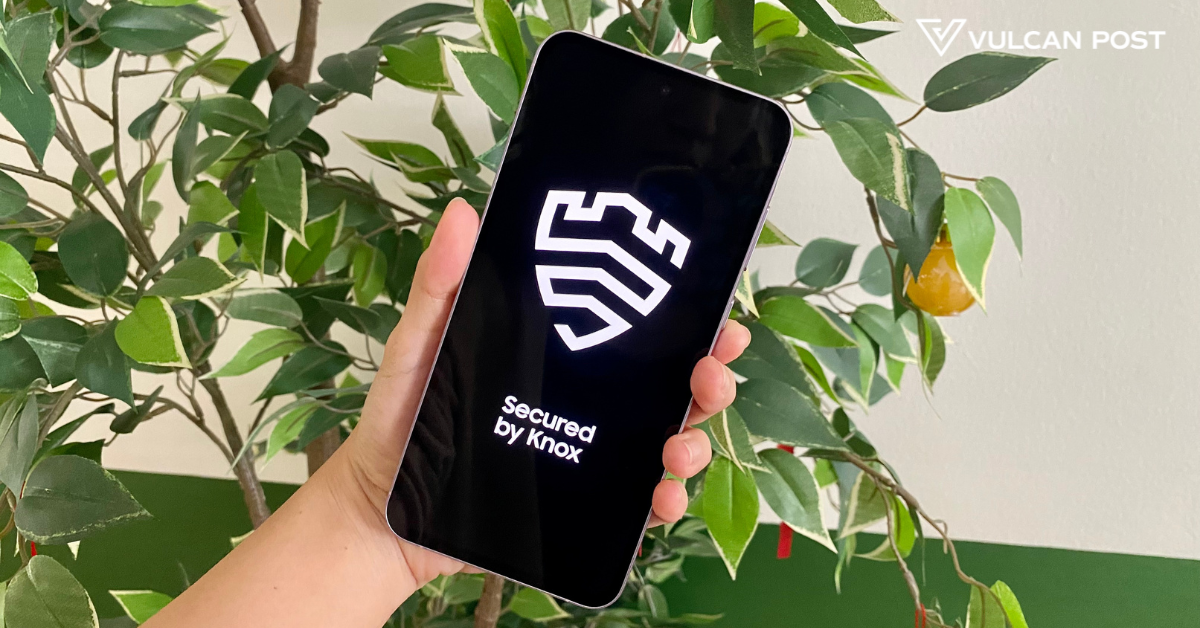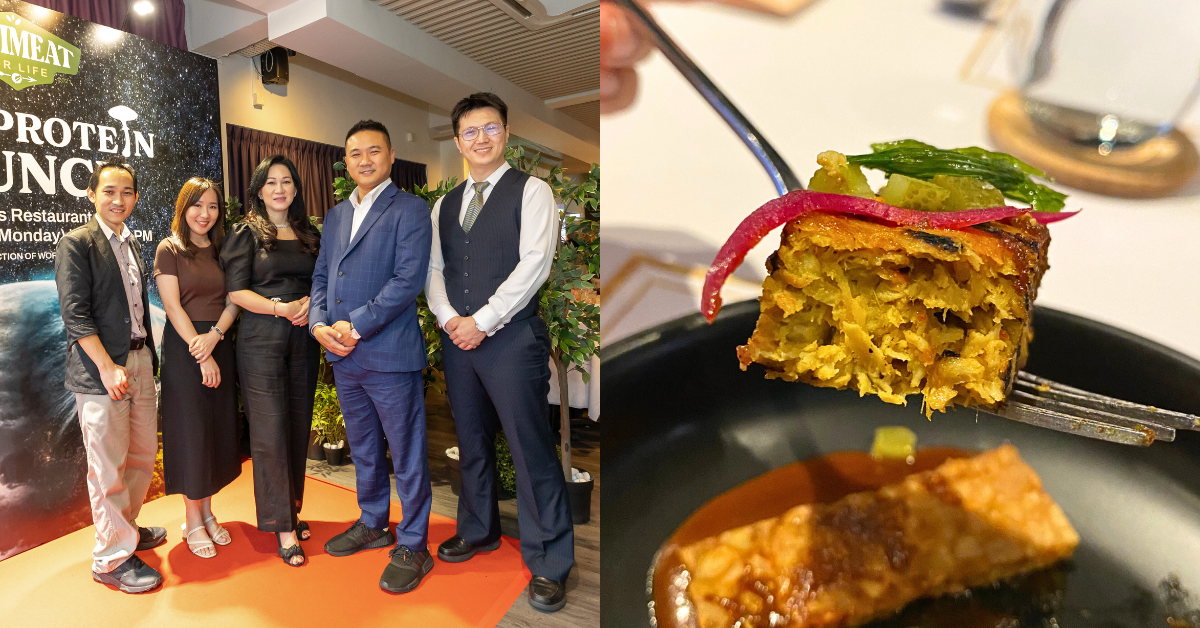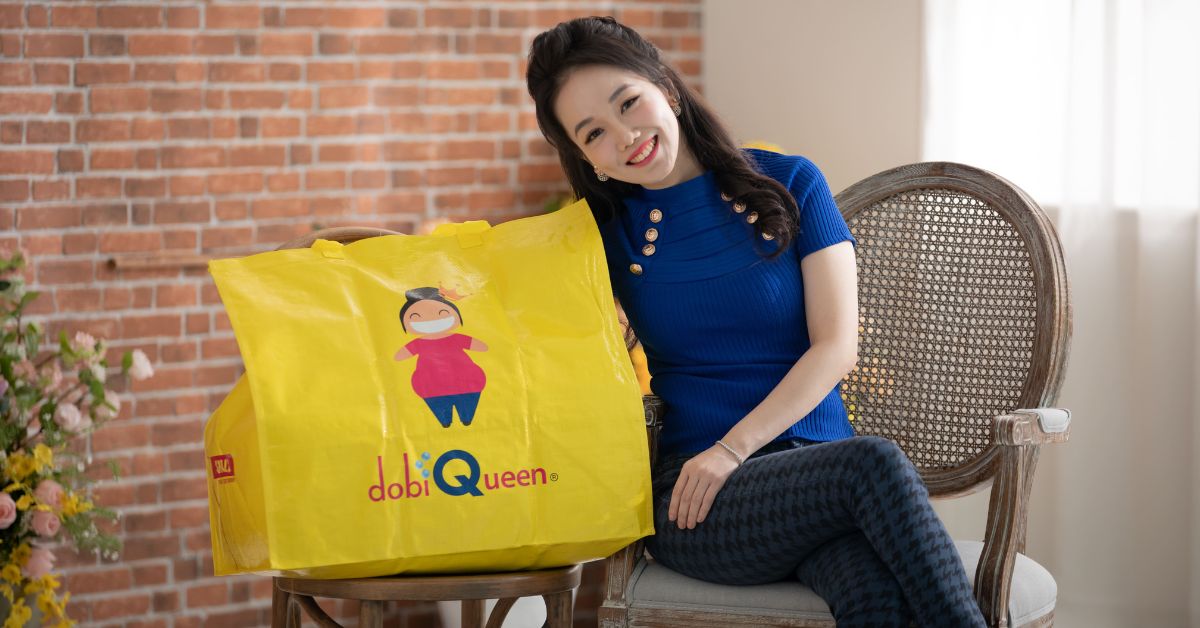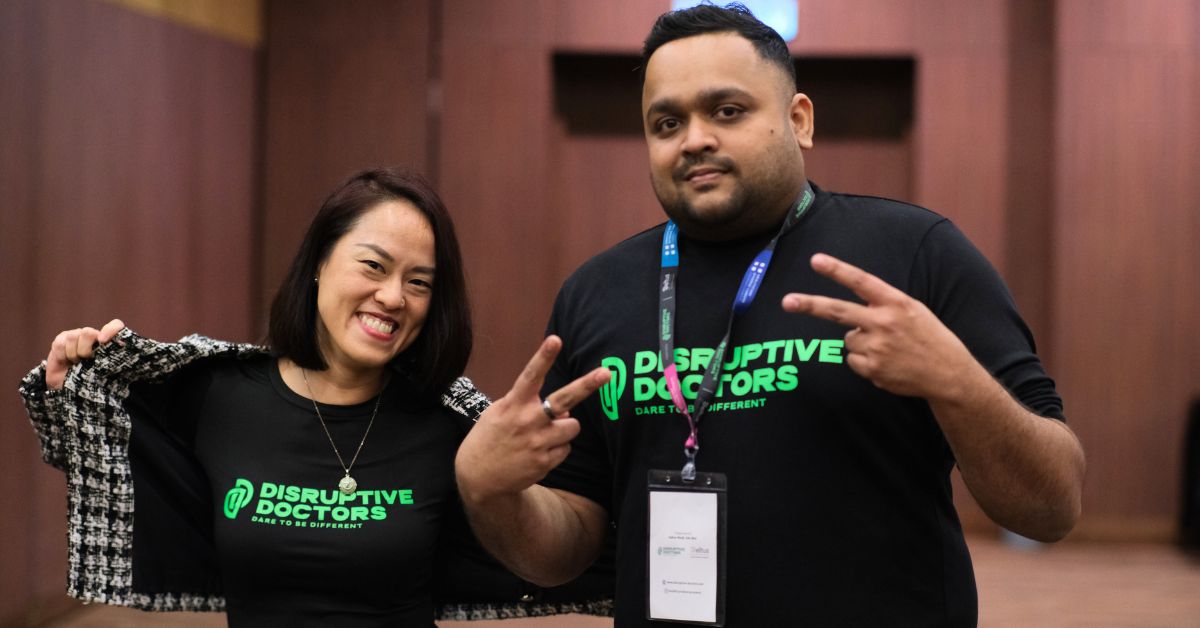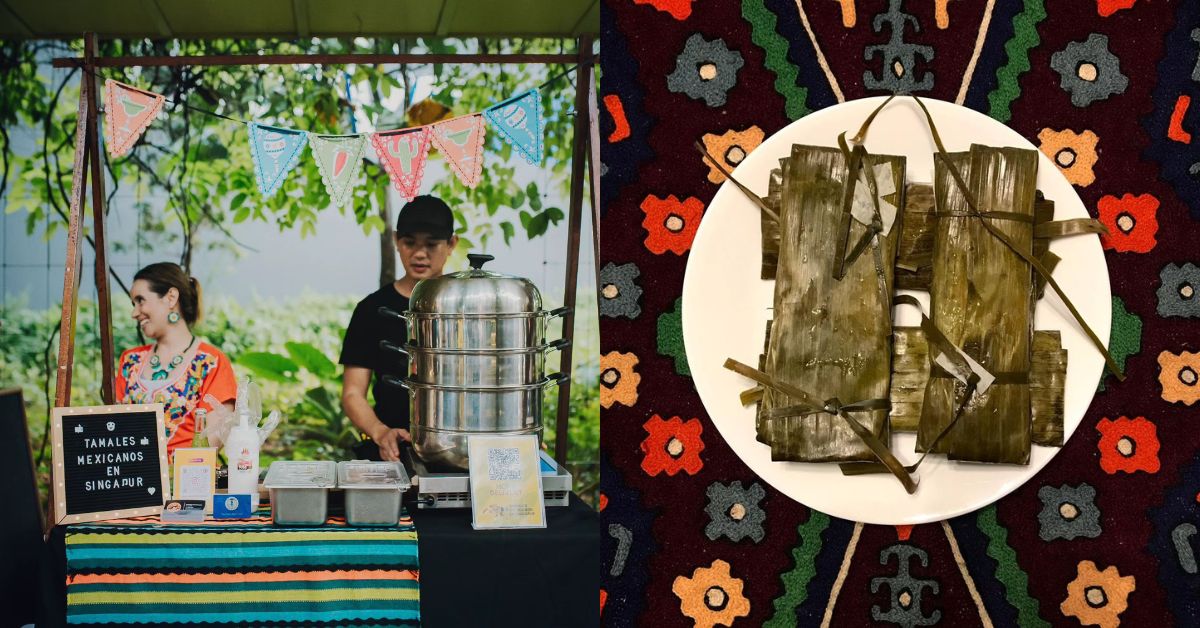This year marks 10 years since Sazly Marhusin and Sara Lo ventured into producing human-grade pet food as a Malaysian business. You may know it as Doggy Bag Malaysia (Doggy Bag).
They didn’t initially have expertise in this industry, which was lacking locally then. Sara was a morning breakfast DJ on Lite FM while Sazly was a trainer for a consultancy firm.
This leap of faith came as a response to Max’s (their golden retriever) many health issues, including skin problems like hot spots (moist dermatitis), resulting in excess paw licking and ear scratching.
Realising the culprit was kibble, the owners switched Max’s diet to fresh food and saw results, which led to the launch of Doggy Bag with RM150,000 of capital in 2011.
From kibbles to fresh food
When Sazly and Sara first dove into transitioning Max’s diet, quality pet food offerings in Malaysia were scarce. It often had to be imported from the US, they shared. So, they went to the bookstore and stocked up on a mini-library of books related to dog food.

Major dog food companies attached to huge conglomerates would filter out food that is not fit for human consumption. Because getting rid of the waste would be more costly, it would instead be channeled into dog food in the form of kibble.
“As great a tool as the internet is, a lot of information on there was conflicting and it bothered us. Even the vets that we spoke to all had their own opinions on what we were serving, and it seemed like no one could agree on one thing,” Sara said.
However, their product validation came from friends who noticed a big improvement in Max’s health. And so began their requests for Sazly and Sara to cook for their dogs too.
“It’s one thing to cook food for our dogs and throw in every ingredient we had left in the fridge, but to have the responsibility of feeding other dogs too? We had to get certified in canine nutrition,” they added.
They had to learn from the US
“We went to the DVS (Department of Veterinary Services) in Malaysia when we first began to get registered as a human-grade dog food company and they told us that they didn’t quite know where to put us. There were no criteria for fresh dog food to meet back in 2011.”
With a gap in the Malaysian market for healthy pet food education, the duo looked to the US for experts in canine nutrition where they took up a 4-month course to get certified.
They also got help from a vet there to help plan Doggy Bag’s menu and ensure that all recipes adhered to AAFCO standards.
AAFCO stands for Association of American Feed Control Officials, a non-profit organisation in the US that sets standards for the quality and safety of animal feed and pet food.

But getting registered and certified was just one of the challenges Doggy Bag faced in its early days. Being a Muslim, Sazly had also dealt with stigmas around running a business that focuses mainly on dogs.
To him, the hatred some Malays have towards dogs is misdirected and the image of Islam has been tarnished due to this. Believing that faith is a personal matter, he’d take things in stride by educating others on the subject around Islam and dogs.
Additionally, Sazly and Sara told Vulcan Post that their first 2 years of business were spent on creating awareness for human-grade dog food in an unaware market.
Staying competitive while embracing other players
Doggy Bag was barely making sales in its early days, but the duo stayed adamant, as their priority was to educate the public about the benefits of fresh dog food.
Fast forward 10 years later, and dog owners today have become more aware and particular about what they’re feeding their dogs. Simultaneously, the number of local healthy dog food businesses mushroomed as well.
Sara added, “A survey taken of consumer habits a few years back indicated that pet owners are spending up to 25% of their disposable income on their pets monthly.” Thus, it’s no surprise that more people are seeing opportunities in pet care and starting up their own ventures.

There are now at least 5 other players excluding Doggy Bag in the Malaysian market for healthy dog food. A couple of them also involve dog food nutritionists to plan their menus, such as Coco & Joe BARF and Petchef.
To stay competitive, Doggy Bag’s strategy is to look at gaps in the market that haven’t been filled yet. For example, if cookies and snacks are being offered by another brand, Doggy Bag would instead launch a fresh food supplement line.
I once had the privilege of interviewing Martha Stewart on Lite FM and she said something I will never forget. When asking her how she decided to start her craft empire she said, “I went into a bookstore one day to see what was on offer, and there were no titles on crafting. So, I filled in the gap”.
Sara Lo, co-owner of Doggy Bag Malaysia
Furthermore, Sara stated that the dog food industry is big enough for many fresh dog food makers to make a living off of. Instead of monopolising the market on their own, for Doggy Bag’s team, it’s already a win if owners are feeding their dogs fresh food.
“We are all on the same side. Our fight is with the kibble companies,” Sara stated.
But it can be a hefty price to pay
What began as a business selling 4 different dog food flavours has grown into one with 8 flavours and 4 supplement products, along with elimination and special diets.
The latter diets are meant for dogs with allergies. Instead of turning owners away, Doggy Bag offers elimination diets and will then specially craft meals for dogs with certain conditions.
Doggy Bag’s standard meals come in 200g, 500g, and 1kg packs costing RM6-RM27.50. Gourmet meals of the same size (with more premium ingredients like lamb and duck) costs RM9-RM44.
According to their feeding guide, a medium-sized dog like a golden retriever will need about 500g-700g daily. That adds up to about 21kg a month, which would cost you about RM577.50 monthly, if you feed them Doggy Bag’s standard meals.
If you’re used to paying around RM100 per month for your dog’s food, the price tag could hurt. However, as many pet owners may testify, healthy pet food would save on vet costs in the long run.

And if Doggy Bag’s production rates are anything to go by, the company will be moving 90% of its operations to a larger, and soon-to-be Halal kitchen in Shah Alam this year. It will allow Doggy Bag to increase production by 300% from a maximum of 300kg to 1 tonne a week.
Furthermore, Sazly and Sara have plans on expanding Doggy Bag to other states, including Johor, Penang, and East Malaysia, as Sara is a Sarawakian herself.
They’re also beginning to expand their focus to felines, as they’ve finished their feline nutrition course and will soon be launching a healthy pet food line for cats.
- You can learn more about Doggy Bag Malaysia here.
- You can read about more pet-related content we’ve written here.
Featured Image Credit: Sazly Marhusin and Sara Lo, co-owners of Doggy Bag

